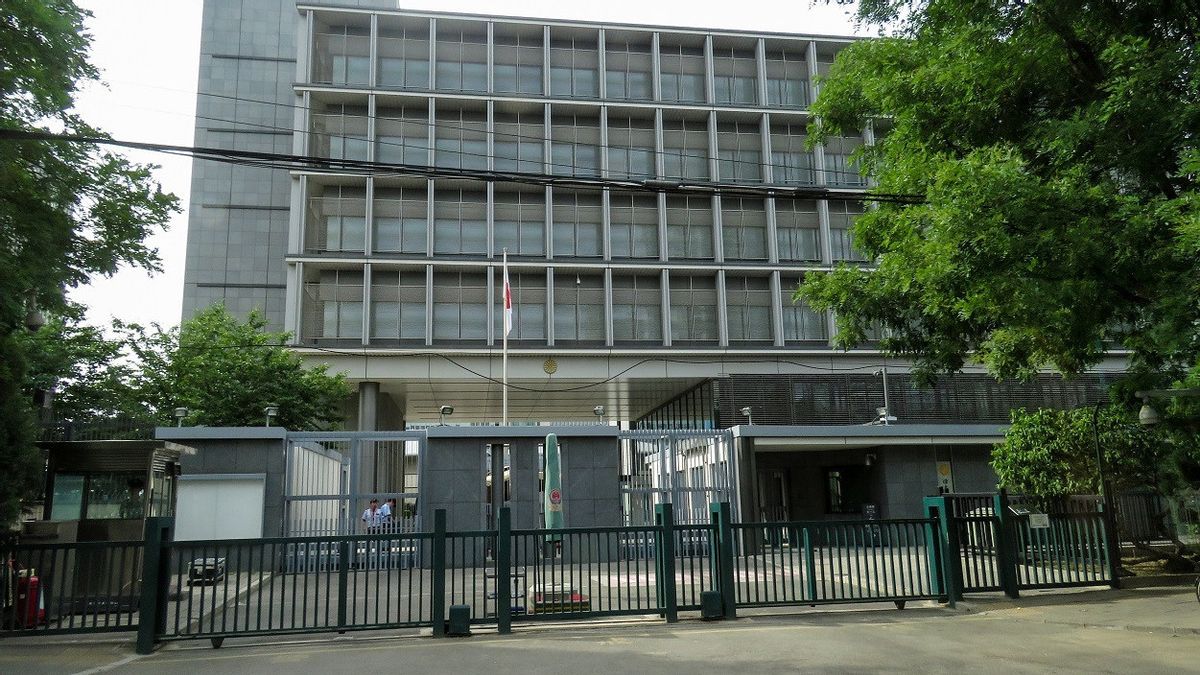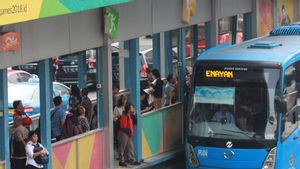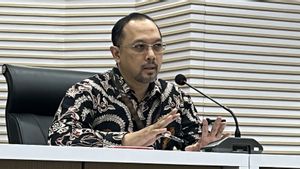JAKARTA - A number of Japanese citizens and diplomatic staff at the Embassy in China reported complaints of psychological pressure on their anal practice.
This is known after the Japanese Government received a report from the Japanese Embassy in China. Complaints came from citizens and official officials who underwent a COVID-19 anal swab test procedure that the Chinese Government says is mandatory.
The Japanese government also protested and condemned China, for preferring to carry out an anal swab test, instead of carrying out a PCR antigen test.
"The Japanese government has asked China to stop conducting anal swab tests on Japanese citizens, saying that it causes" psychological distress, "the Kyodo News Agency said as reported by republicworld.
Meanwhile, Japan's Chief Cabinet Secretary Katsunobu Kato said his party was not aware of China's policy changes in exchange for approval to conduct a PCR test.
"The Japanese government urges the Chinese government to exempt Japanese citizens and diplomats from such testing methods," said Kato in a press conference as reported by Reuters.
"Some Japanese people reported to our embassy in China that they received an anal swab which caused great psychological pain."
It is known that Beijing began performing anal swabs in January and only last week was criticized for forcing US diplomats to take anal swabs. An anal swab test is performed to improve early detection and the accuracy of the test results.
Separately, Chinese Foreign Ministry spokesman Zhao Lijian denied reports that said it forced foreign diplomats to carry out anal tests.
"China has never asked diplomatic staff stationed in China to take anal swabs," Zhao said.
To note, several cities in China are using samples taken from the anus to detect potential infections, amid increased screening during a spate of regional outbreaks ahead of the Lunar New Year holidays.
"Testing using an anal swab can prevent infection from disappearing, because traces of the virus in stool samples or anal swabs can remain detectable for a longer time than in the respiratory tract, Li Tongzeng, a respiratory disease doctor in Beijing, told state television last month. .
Stool tests may also be more effective at finding COVID-19 infection in children and infants, because their waste carries a higher viral load than adults, said researchers at the Chinese University of Hong Kong in a paper published last year.
The English, Chinese, Japanese, Arabic, and French versions are automatically generated by the AI. So there may still be inaccuracies in translating, please always see Indonesian as our main language. (system supported by DigitalSiber.id)













